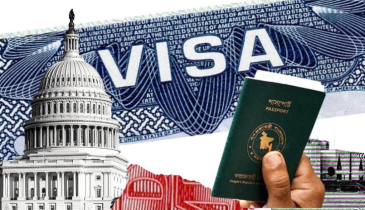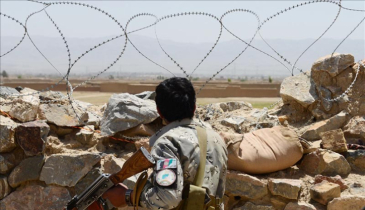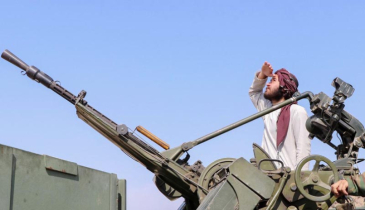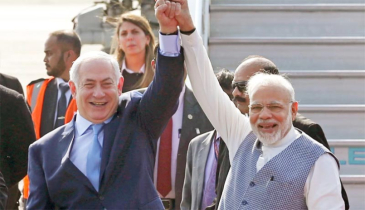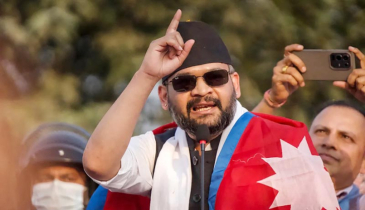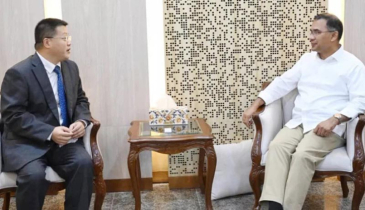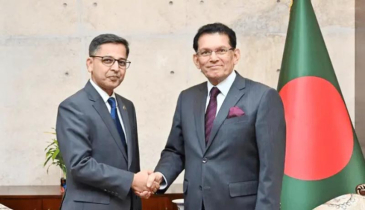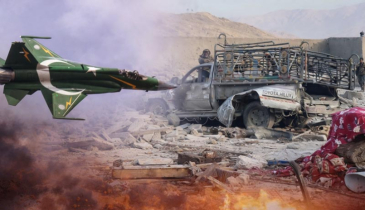Nepal's major parties demand restoration of dissolved parliament
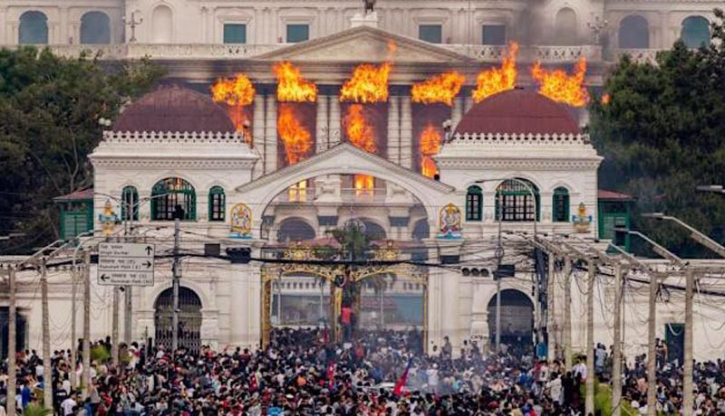
Nepal’s political crisis deepened this weekend as eight major parties jointly demanded the immediate reinstatement of parliament, which was dissolved a day earlier by President Ram Chandra Poudel. The move, they argued, was unconstitutional and risked undermining the country’s fragile democratic order.
The coalition of parties—including the Nepali Congress, the CPN-UML, and the Maoist Centre—issued a rare joint statement on Saturday, saying the president had “overstepped constitutional limits” when he dissolved the House of Representatives on the advice of newly installed interim Prime Minister Sushila Karki. The demand for dissolution had been one of the loudest calls from the youth-led anti-corruption movement that has swept Nepal over the past week.
Those protests, triggered by a sweeping social media ban, spiraled into the deadliest unrest the Himalayan nation has seen in decades. More than 50 people were killed in clashes with security forces, and large parts of Kathmandu remain scarred. with government buildings ransacked and parliament itself badly damaged.
Karki, a 73-year-old former chief justice and the first woman to lead Nepal, was sworn in on Friday under an agreement struck with protest leaders. Her appointment has been cautiously welcomed by the so-called “Gen Z” movement, whose leaders pushed for the parliament’s dissolution and fresh elections, now scheduled for 5 March next year.
But while protesters celebrated the president’s decision, the mainstream parties warned that dismantling parliament could set a dangerous precedent. They argue that public grievances should be addressed through an elected body rather than executive decree.
In a televised address later on Saturday, President Poudel tried to calm tensions, urging all sides to show restraint. He insisted that the democratic system remained intact, promising that elections within six months would give Nepalis “a chance to move toward a stronger and more efficient democracy” despite what he admitted was a “very difficult and frightening moment” for the nation.
For Karki, the road ahead is daunting. She is expected to form her cabinet in the coming days, but her interim government faces urgent tasks: restoring law and order, rebuilding vandalized state institutions, and convincing disillusioned young protesters that their movement has not been hijacked by the political elite. Another pressing challenge will be prosecuting those responsible for the bloodshed while reassuring citizens who fear Nepal’s fragile democratic experiment could collapse altogether.
Although life in parts of Kathmandu is slowly returning to normal, scars from the week’s violence remain vivid. The coming months will test whether Nepal can balance the demands of a restless new generation with the institutional guardrails of a young democracy still struggling to find its footing.
.png)


